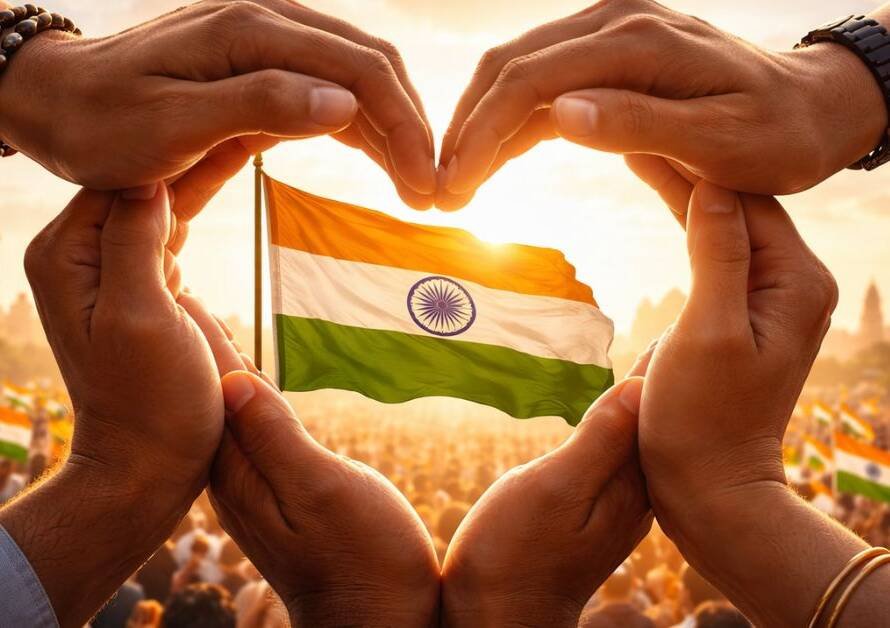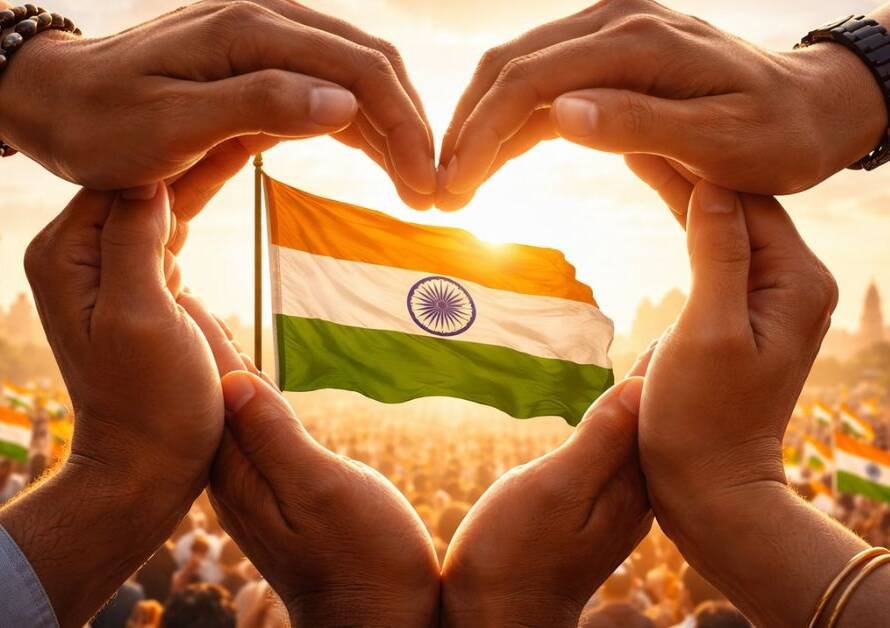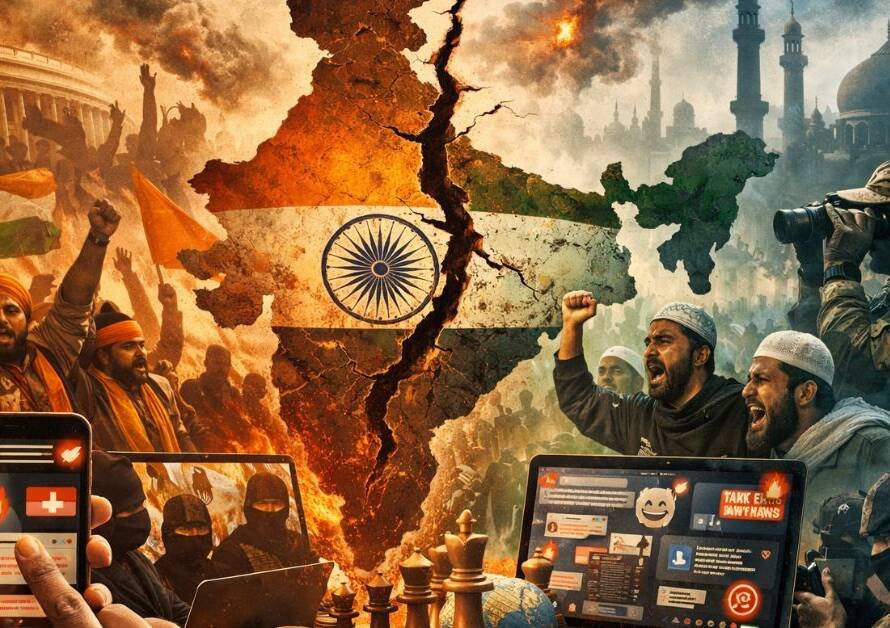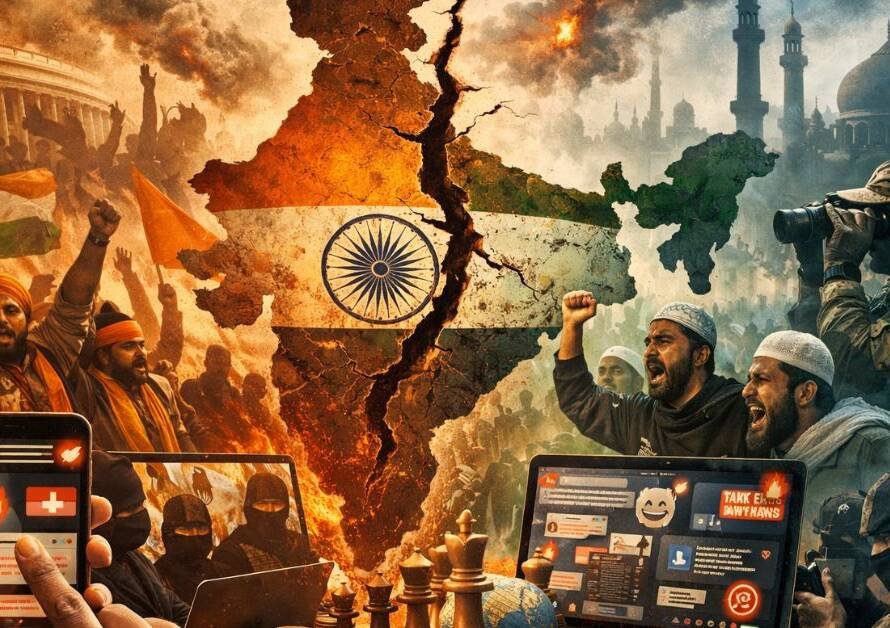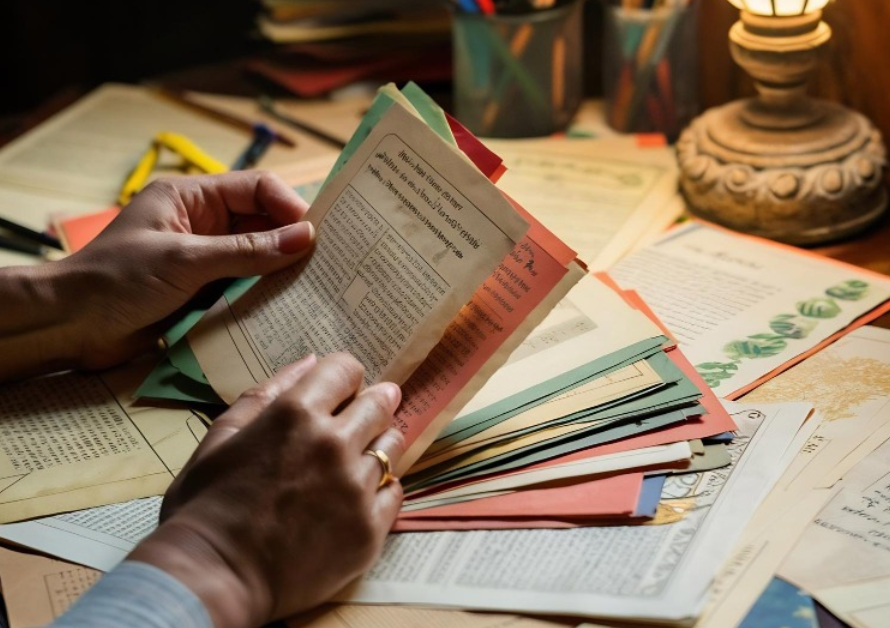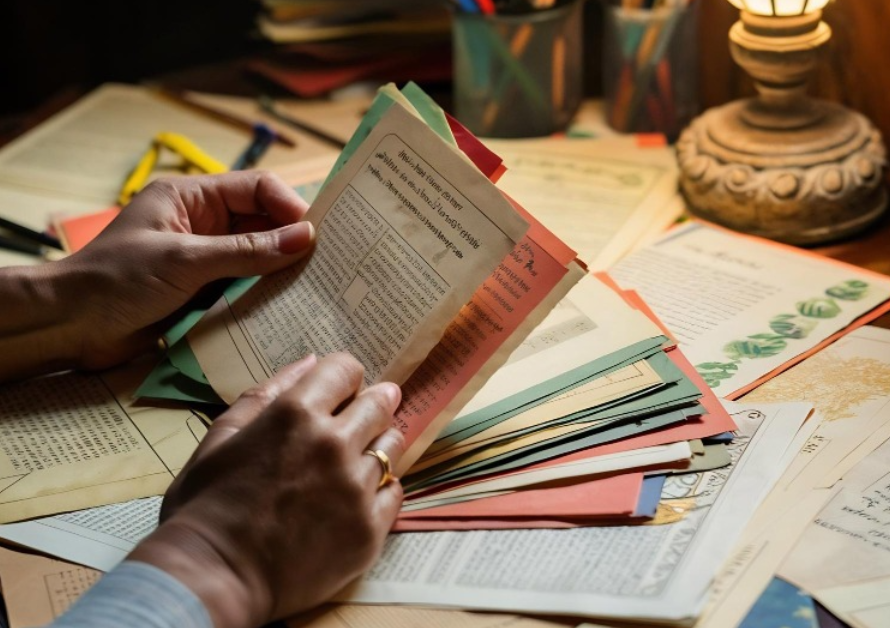The judiciary’s primary role is to protect citizens’ rights and ensure national security. However, recent trends reveal that some lawyers and NGOs exploit the legal system to defend individuals involved in anti-national activities. The landmark judgment by Justice Vivekanand Sharan Tripathi in the Kasganj case has shed light on this troubling “web of money.”
The Kasganj Incident and the Court’s Verdict
On January 26, 2018, during a Tiranga Yatra in Kasganj, Chandan Gupta was brutally murdered by members of the Muslim community.
On January 3, 2025, Special Judge Vivekanand Sharan Tripathi of the NIA Court sentenced 28 accused to life imprisonment.
Two accused were acquitted due to lack of evidence.
In addition to sentencing the guilty, Justice Tripathi raised serious concerns about the involvement of lawyers and NGOs in funding and defending anti-national elements.
Role of NGOs and Lawyers Questioned
In his judgment, Justice Tripathi remarked:
- NGOs are actively providing legal support to individuals involved in anti-national activities.
- A detailed investigation into their funding sources, objectives, and legal support systems is necessary.
- These organizations hire high-profile lawyers to defend criminals and terrorists, posing a significant threat to national security.
The judgment was forwarded to the Ministry of Home Affairs and the Bar Council of India, recommending stringent actions.
NGOs Named in the Judgment
The following seven organizations were specifically named:
- Citizens for Justice and Peace, Mumbai
- People’s Union for Civil Liberties, Delhi
- Rihai Manch
- Alliance for Justice and Accountability, New York
- Indian American Muslim Council, Washington D.C.
- South Asia Solidarity Group, London
- Jamiat Ulama-e-Hind Legal Cell
A Threat to the Nation: NGO Funding and Lawyer Fees
Justice Tripathi posed critical questions:
- Where are these NGOs getting their funding, and who is financing them?
- Are foreign forces or terrorist organizations behind this funding?
- Who is paying the exorbitant fees of high-profile lawyers defending such individuals?
The Rohingya Case and High-Profile Lawyers
Since 2017, a case concerning Rohingya refugees has been pending in the Supreme Court, involving six high-profile lawyers, including Dr. Rajeev Dhavan, Prashant Bhushan, and Kapil Sibal.
These lawyers represented two Rohingyas (Mohammad Salimullah and Mohammad Shaqir) appearing as impoverished individuals.
The question remains: Who funded these lawyers’ hefty fees?
The prolonged delay in resolving this case poses a significant risk to Security of the nation
Judicial Reforms for the Future
Justice Tripathi’s decision highlights the need for significant judicial reforms:
- Transparency in Lawyers’ Fees:
Lawyers’ fees should be made public.
Payment must only be accepted through cheques.
Lawyers’ assets and income tax filings should be audited.
- Auditing NGO Funding:
A mandatory audit should ensure that funds are not misused for anti-national purposes.
A Message to the Youth
- Stay Aware: Understand how some lawyers and NGOs exploit the legal system to undermine national security.
- Support Justice: The law’s purpose is to ensure justice, not shield criminals.
- Prioritize National Security: Expose individuals and organizations involved in anti-national activities.
- Demand Accountability: Citizens must ensure transparency in the functioning of NGOs and legal practitioners.
Justice Vivekanand Sharan Tripathi’s judgment serves as a beacon of hope, demonstrating how a judge can prioritize national interests and deliver true justice. The youth must reflect on this issue and actively work towards safeguarding the nation’s future.
🇮🇳 Jai Hind! Vande Mataram!


